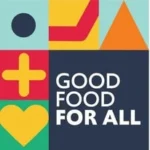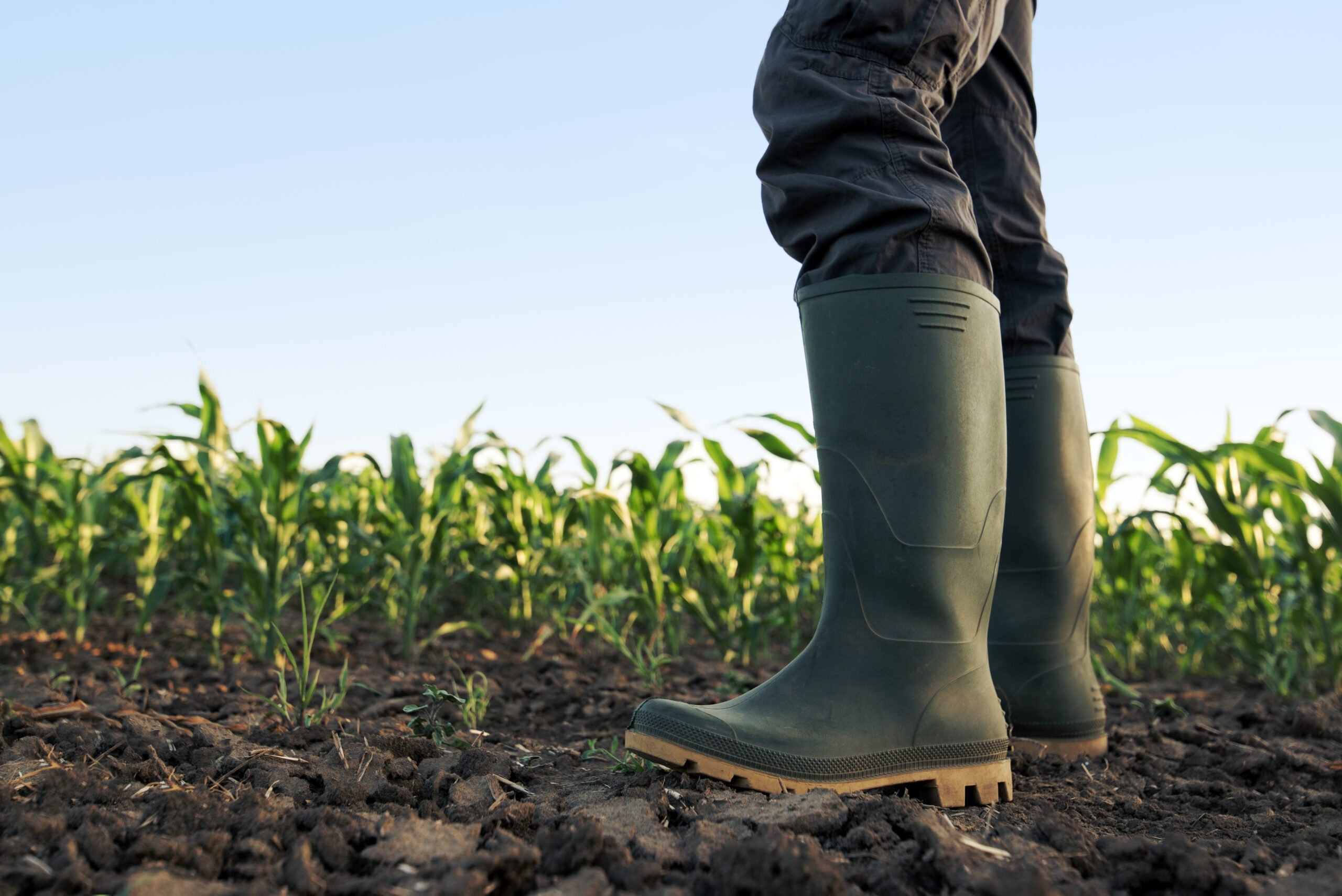
Good food begins with farmers, including rural food producers, family farmers, pastoralists, livestock breeders, fishers and aquaculturists. Although these small-scale food producers are absolutely key to improving nutrition and health outcomes, to revitalising rural communities and to building resilience, they are often among the most marginalised and poorest groups in societies. The majority live in hunger and poverty, their children are more likely to be malnourished, most of them still depend on rainfall for irrigation making them even more vulnerable as our climate changes, they lack access to inputs, finance and markets–especially women producers, and data gaps in the area of small-holder agriculture exacerbate the situation.
A New Policy Consensus with Smallholder Farmers
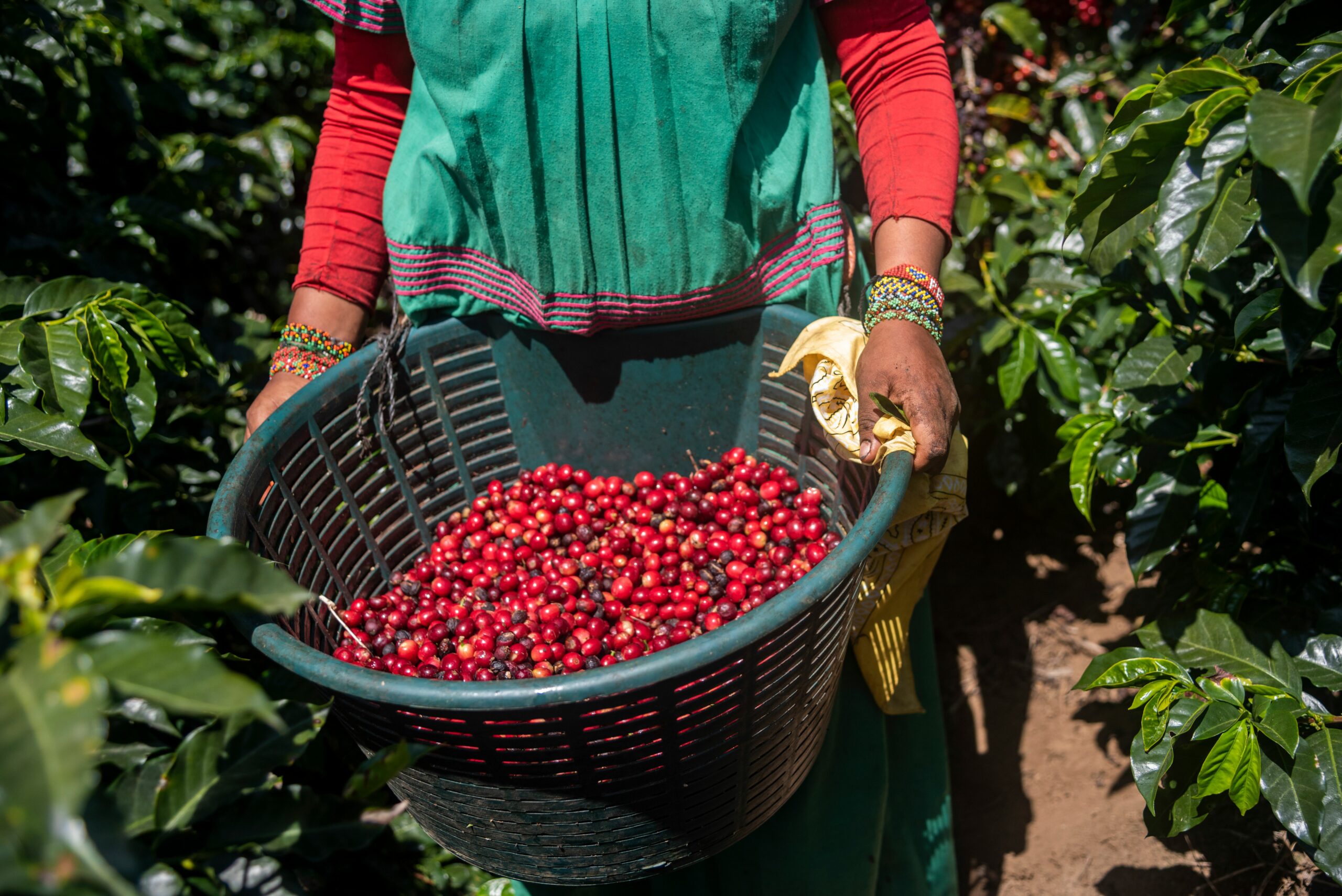
In light of this, the SDG2 Advocacy Hub has been working with partners to explore how a new policy consensus, crafted and signed by smallholder farmers, civil society organisations, governments and international organisations could contribute to and build on the momentum of 2021 global summits, align policy priorities and drive decision-making and investment, especially as the international community mobilises to build back better from Covid-19 and responds to the unfolding global food crisis due to the broader impact of Russia’s invasion of Ukraine.
As part of the process of developing the consensus, the SDG2 Hub partnered with WFO, PAFO, EAFF and IISD to host a Food Systems Dialogue on Thursday 10 February to bring together smallholder farmers and their organisations from different regions to share their insights and priorities. The outcomes of this Independent Dialogue directly informed the call to action and zero draft.
Keynote Addresses
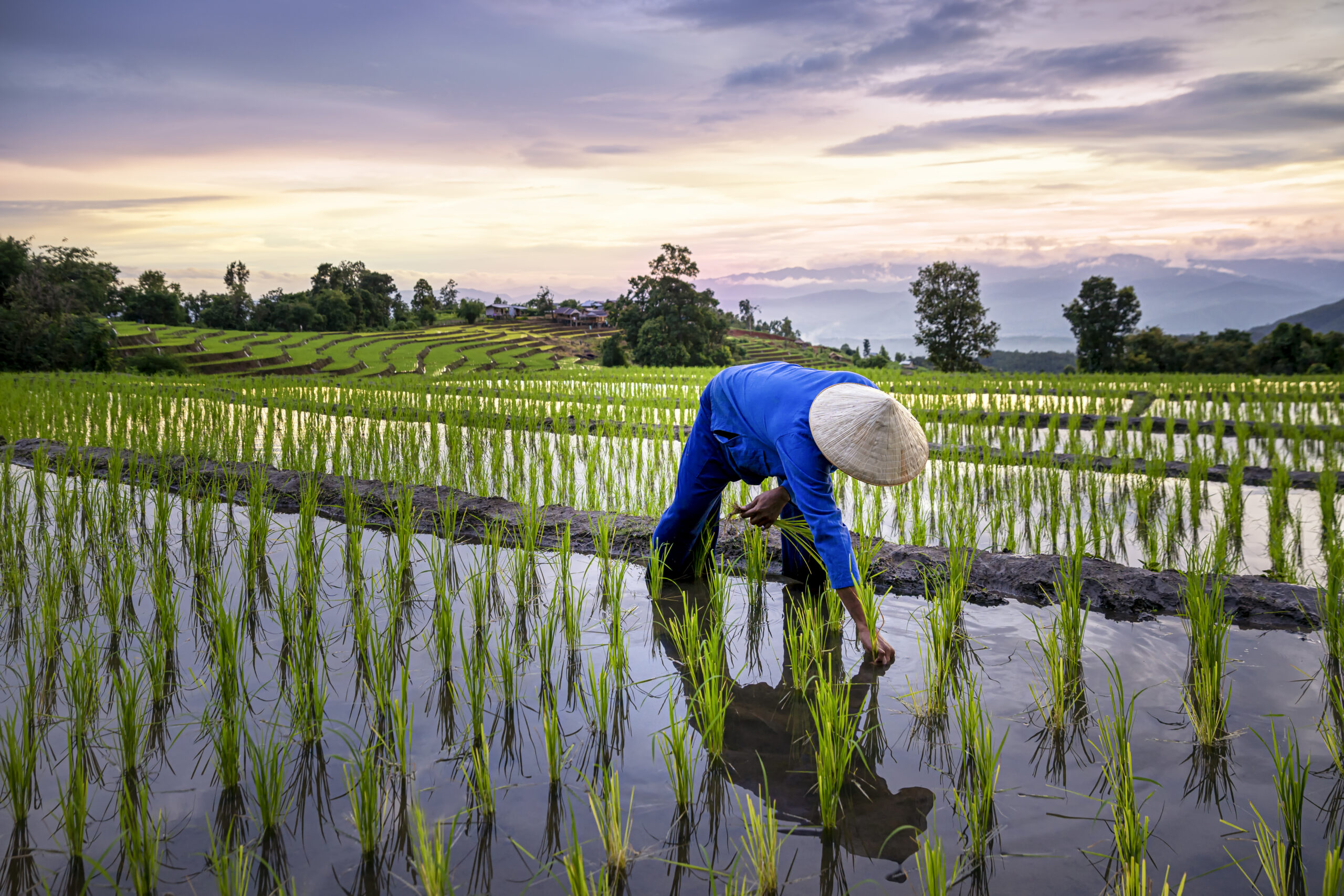
To frame the conversations, participants first heard from President of the East African Farmers Federation (EAFF) Elizabeth Nsimadala, Emmerance Tuyishme who spoke on behalf of Kolyang Palebele President of the Pan-African Farmers Organisation (PAFO), and Dr Theo De Jager, President of the World Farmers’ Organisation (WFO).
Ms. Nsimadala highlighted the impact of harmful policies and regulations that contribute to an agriculture sector that is increasingly dominated by oligopolistic players. Smallholder farmers have been locked out from marketplaces and many are forced out of production. They are profiled as high risk, further marginalising them and limiting their access to tools and resources such as insurance, subsidies and investment.
Ms. Nsimadala stressed that if we don’t want a food system that is dominated by a few actors we must radically transform food systems to be farmer-led. She highlighted some insights from many Food Systems Dialogues that were presented at the 2021 UN Food Systems Summit (UNFSS) including challenges with tenure systems and access to land–especially for women and youth. She also underscored that governments must adopt farmer-facing policies and promote sustainable production and that the private sector must adopt and be rewarded for sustainable practices in commercial ventures. All actors must come together to respect and protect smallholders and their way of life.
To achieve this, we need a multistakeholder approach from farm to fork, strengthened farmers’ organisations, and accountability for commitments made at global moments including the UNFSS, COP26, the Decade of Action and the UN Decade of Family Farming.
Emmerance Tuyishme spoke of the main challenges facing smallholders especially in Africa, which have also been discussed in multiple Independent Dialogues and highlighted at the UNFSS. These include limitations in agricultural research and development, limited recognition and capacity of smallholders, and technological infrastructure and digitalisation; food safety issues; gender inequality particularly in terms of access to financial services, infrastructure and markets; and the impact of climate change. Stronger support from donors and other stakeholders is urgently needed to support smallholders build resilience to future shocks.
Food, Ms Tuyishme highlighted, must be accessible, inclusive, nutritious, safe and balanced, produced ecologically and with respect for the environment, diversified and sufficient to feed smallholders’ families and to be sold at a competitive and just price.
PAFO’s recommendations include engaging governments and strengthening partnerships with development partners to increase investment in production infrastructure, integrating support to smallholders, especially women and youth, in food systems policies; integrating smallholders in value chains; improving access of information to all actors along the value chain; and introducing new technologies to smallholders especially to combat and adapt to climate change.
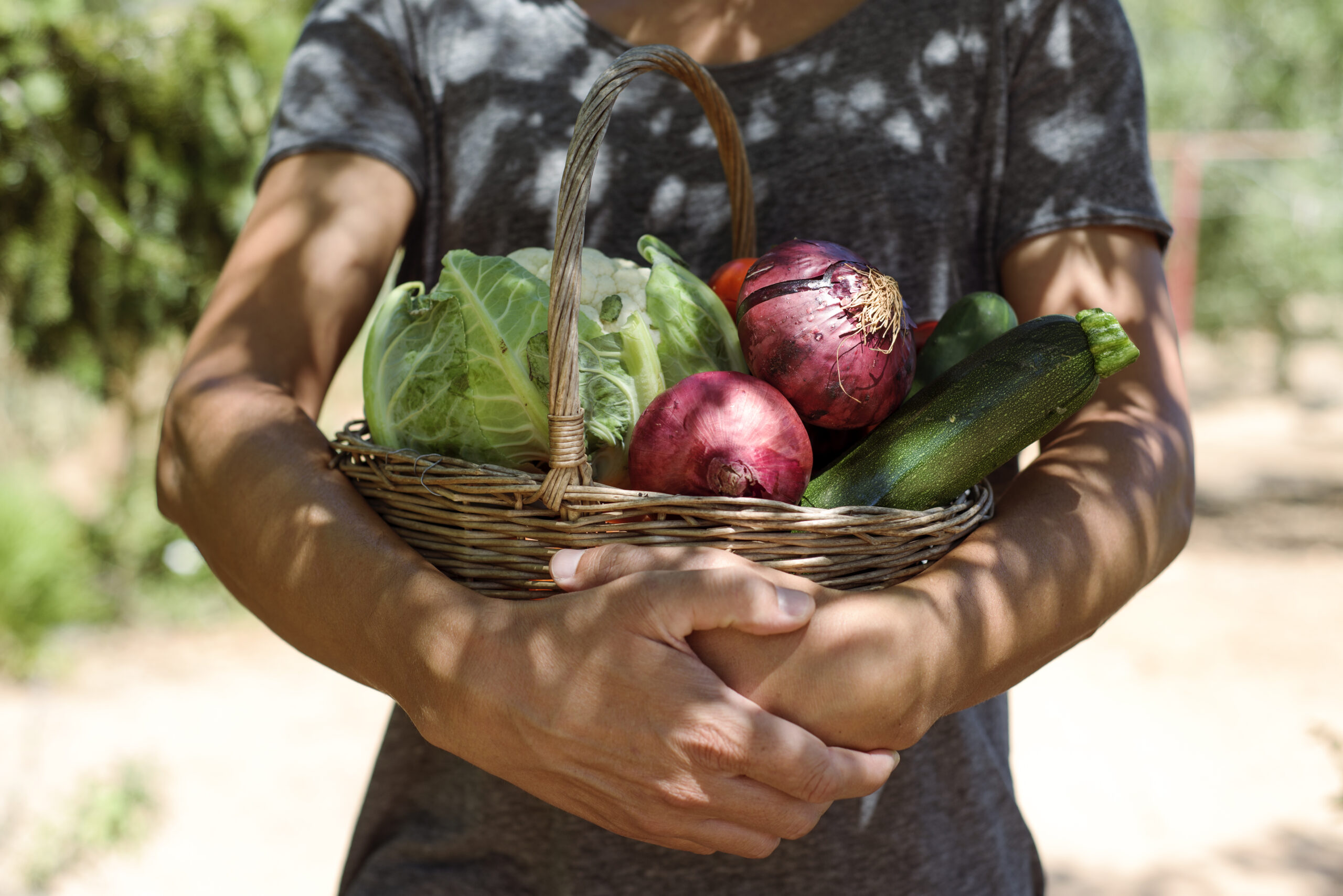
Dr Theo De Jager prompted participants to think about the tools available to promote, protect and enhance smallholder agriculture as a profitable small business, especially in Africa. Different regions including Latin America and Asia demonstrate many good examples of such tools, in other words: we don’t need to start at zero!
He highlighted two. The first is the farmers’ cooperative. A cooperative aggregates smaller operations to reach economies of scale. An organised group of smallholders is an insurable entity, making the cooperative a gateway to empowering smallholders to access services they aren’t able to on their own.
Second is the partnership-driven model of farmer development, usually between smallholders and medium-scale growers or well-established enterprises. By piggybacking on those well-established farmers who already dominate the value chains, Dr. De Jager pointed out, smallholders can access all the tools they would otherwise not be able to.
As he concluded, the WFO President underlined that wealth creation is the only one way to combat smallholder poverty. We cannot allow bigger enterprises to take away smallholders’ livelihoods, but must work towards wealth creation with a strategic plan and with the help of modernisation, digitalisation, precision farming and commercialisation through proper linkages to markets.
Discussion Groups
In four smaller groups, 85 participants then went on to discuss what the smallholder farmer ecosystem currently looks like, what common challenges are faced by smallholder farmers across different regions and how existing gaps can be bridged on the farm, at market and to empower the excluded. Priorities were identified that should inform the consensus. Main themes discussed included the need for support for commercialisation such as direct financing, inclusion of smallholders at planning and implementation stages, and partnerships with diverse actors.
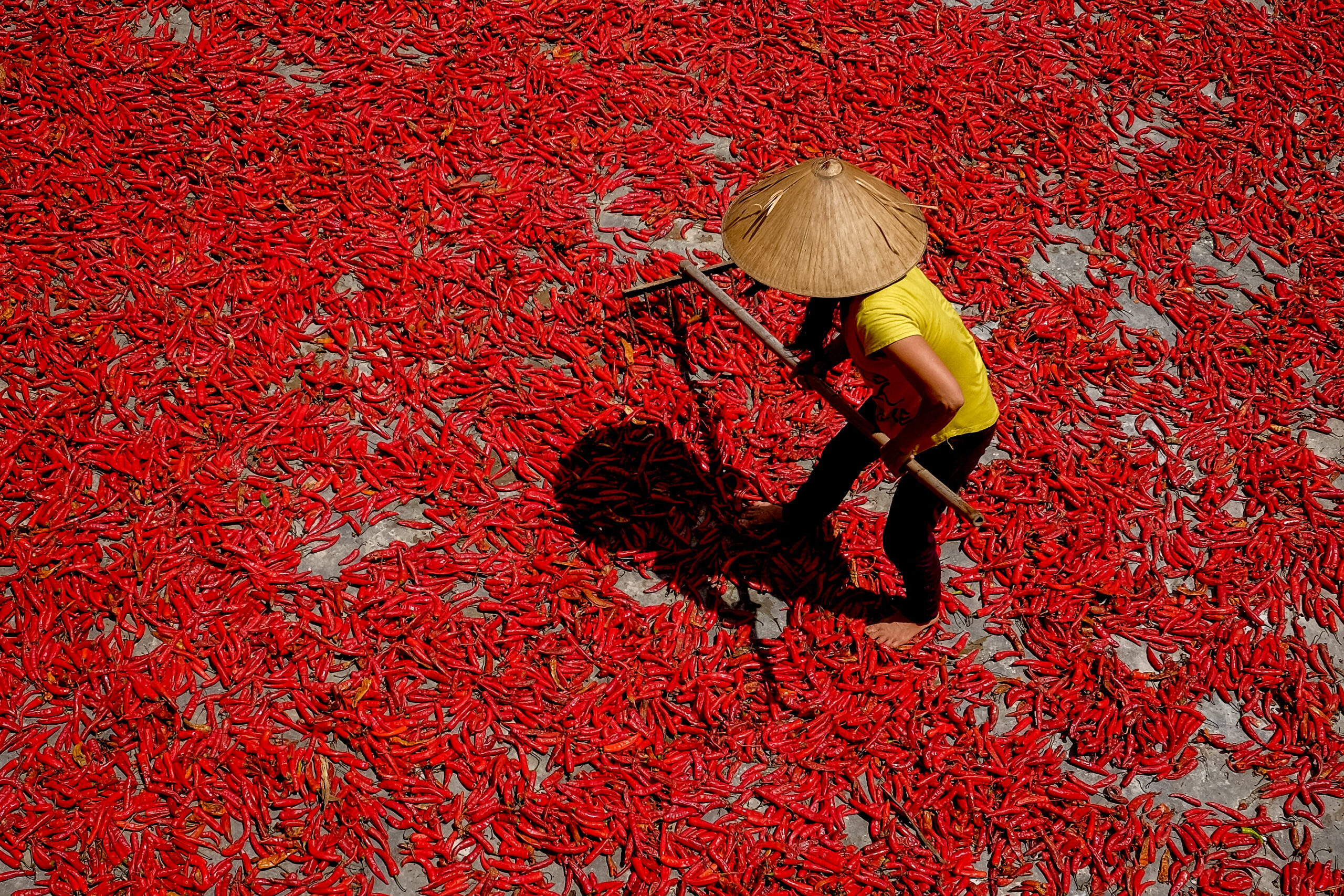
Smallholders are not represented in policy-making structures. They can and should engage more through platforms and networks, with governments, investors and the private sector, yet they still lack a seat at the decision-making table. Furthermore, farming is often not viewed as an opportunity and profitable business. There is a lack of motivation and enthusiasm for agriculture and a need to restore faith in the sector. Participants agreed that this is both a question of investment and a change in mindset. Other challenges identified included lacking access to suitable post harvest facilities for storage and packaging, which can lead to spoilage. Especially for women farmers, a lack of access to infrastructure such as roads and markets due to remote communities, illiteracy and inaccessibility of government help, leads to further marginalisation.
Away to bridge existing gaps is to improve smallholders’ capacities through training, better equipment, and access to resources and markets. As mentioned above, it is crucial to invest in women and youth to reduce the unique barriers they face. Especially for youth, there is an urgent need to retain and attract them into agriculture. Many participants also seconded Dr. De Jager, stressing that organised agriculture must be strengthened, particularly through cooperatives that increase smallholder farmers’ power in the value chain. On a political level, these organisations play a critical role by including farmers’ voices in decision-making processes, reaching remote farmers and crafting political messaging for governments. Economically, farmers’ organisations help smallholders negotiate prices at the regional and global levels. The call to action was to scale investment in such organisations’ capacities, training and staff.
Participants raised attention to the lasting impacts of the Covid-19 pandemic on smallholder farmers. In addition to addressing long-standing issues, it is necessary to provide proper recovery programmes on top of emergency support, and build resilience to future shocks.
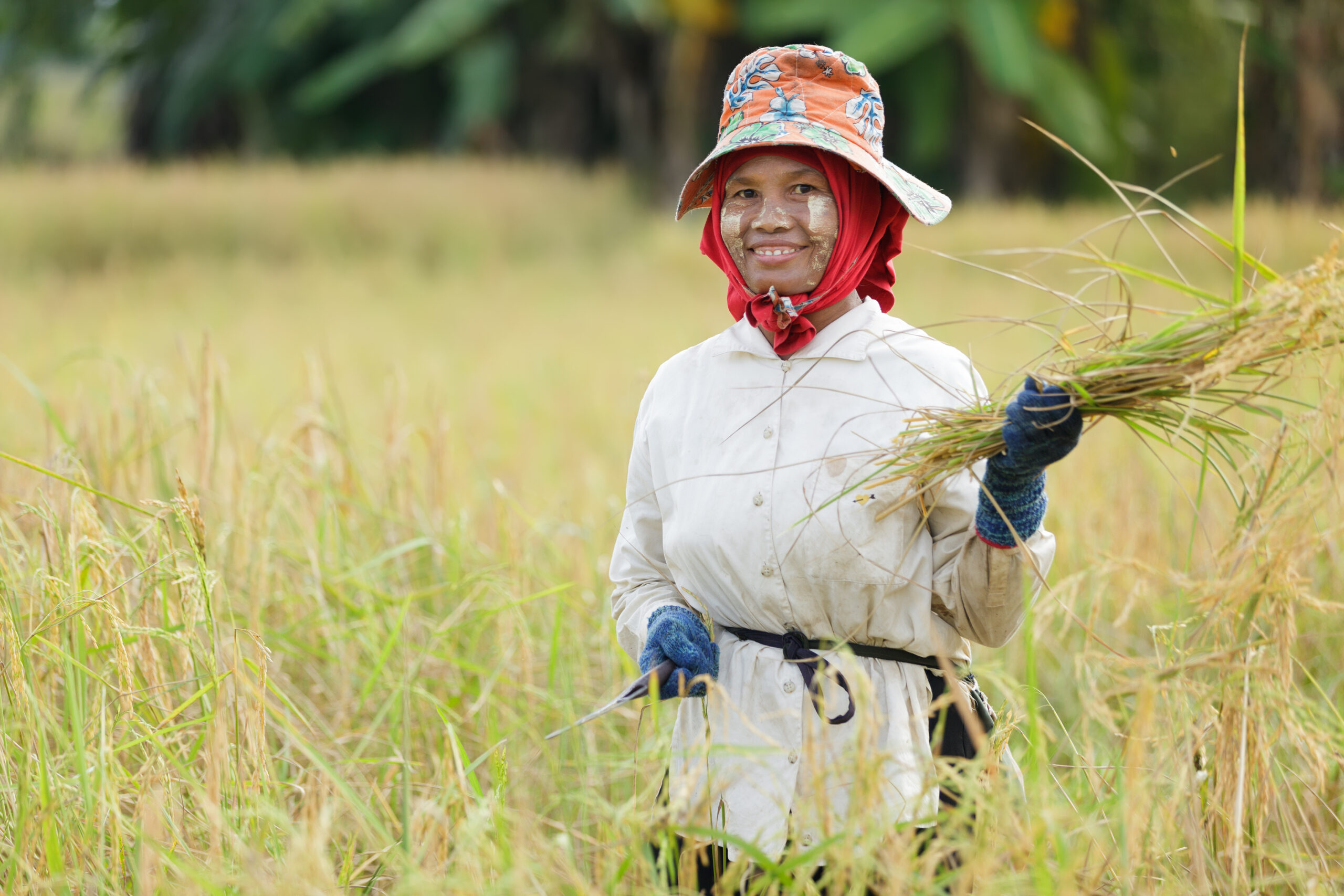
In light of these challenges and solutions, participants identified priority actions to inform the consensus:
- Mechanisms to finance smallholders directly;
- Partnerships with a diversity of stakeholders including governments, farmers, NGOs and financial institutions;
- Inclusive policies were identified as crucial to create an enabling environment for smallholders;
- Capacity building, education including in business management, and training to maximise smallholders resources and knowledge;
- Climate adaptation and support to smallholders in the transition to climate smart agriculture in the face of a climate crisis;
- Build capacity and structures for advocacy.
Arianna Giuliodori, Secretary General of the World Farmers’ Organisation (WFO) closed the dialogue by reflecting on the richness of the discussions and with a powerful reminder of who smallholder farmers are. They are economic actors and partners, not the target of development assistance programs. If their farms are unprofitable they are unsustainable. Farmers must be in the driver’s seat. They know what they need. They have solutions. Ms. Giuliodori said that the challenges we face are global but change happens at the grassroots level.
Smallholder farmers are the key to a more sustainable and resilient future. With the right support they can achieve this and many more goals. The policy consensus and call to action are now available for review. If you would like to contribute your feedback, please read the report and submit your thoughts through this form.
